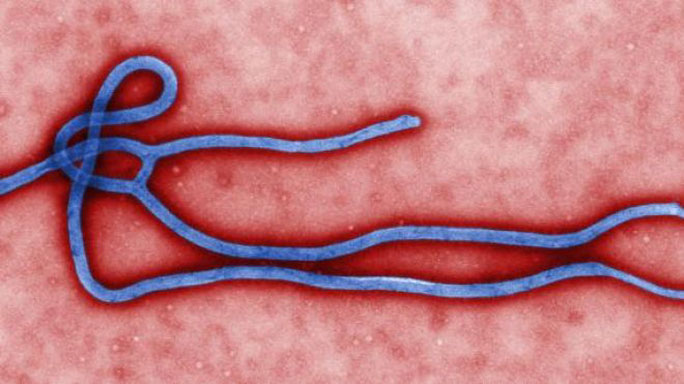Photo courtesy Fox News
In Uganda’s western town of Kagadi, a drama is playing put that has both the World Health Organization (WHO) and the Centers for Disease Control (CDC) on high alert. In the town, 53 cases of the dreaded hemorrhagic fever disease Ebola are suspected, with 16 deaths reported so far. Physicians from the French service group Doctors Without Borders are assisting health agents there, as they grapple with the deadly disease that has no known cure.
Ebola is a highly infectious viral disease characterized by fever, diarrhea, abdominal pain, vomiting, red eyes, rash similar to measles, and bleeding from body openings and mucous membranes including eyes, ears, nose, mouth, and others. The disease is also referred to as a hemorrhagic fever because it causes massive hemorrhaging of blood vessels throughout the body. Spread by contact with body fluids, the incubation phase of Ebola takes between two to 21 days. Once symptoms present, Ebola is swift and brutal.
So far, four strains of the virus have been identified. These include Zaire virus, Sudan virus, Bundibugyo virus and Tai Forest virus. Ebola is virtually indistinguishable from another African hemorrhagic viral disease, Marburg. The Ebola strains belong to a viral family known as Filoviridae.
Ebola was first discovered in the Republic of Congo, on the Ebola River, and the first known outbreaks of the diseases occurred in 1976 and 1979. Some primates, including chimpanzees and gorillas, have been found to carry the virus, but fruit bats of the Pteropodidae family are believed to be the host carriers of this disease. Contact with bat saliva, urine and feces in parts of Africa may lead to Ebola infection and contamination. To date, Ebola infection in Africa has occurred as a result of handling the carcasses of infected fruit bats, monkeys, chimpanzees, gorillas, antelopes and porcupines.
Fatality rates for different Ebola outbreaks have reached 88 percent. At this point in time, nobody knows why some infected people live through the ordeal of the disease.
Due to its high rate of mortality, Ebola is classified as a category A bioterrorism agent by the CDC. The various strains of the virus mutate constantly, making it exceptionally difficult to create a vaccine that will prevent the disease. There is concern among health officials that Ebola could be weaponized and used as a biological warfare agent. In such a scenario, if successfully deployed, Ebola could cause an uncontrolled global pandemic. Thus the containment of the virus is of critical importance to global stability.
Health workers serving Ebola patients have been infected with the disease, and mourners handling the bodies of fatal cases have themselves contracted Ebola as a result of bodily contact. For those who are infected by Ebola, proper hydration and supplementation of electrolytes are typical treatments. Otherwise, the primary goal with infected patients is to keep them as comfortable as possible while keeping them from contaminating others. In poor countries where sanitation and hygiene are insufficient even in hospital settings, the opportunity for infection of others remains high.
In 1994, author Richard Preston wrote the best-selling non-fiction book The Hot Zone about an Ebola outbreak among primates at the Fort Detrick Army research facility in Reston, Virginia. Though the outbreak was eventually contained, it could have had disastrous consequences in the US, where an outbreak of the virus has not occurred in humans. Terrifying and graphic in detail, the book provided insight into the dangers of handling deadly species of biological agents in lab facilities.
The horrendous nature of Ebola has health officials concerned and for all the right reasons. One infected restaurant worker sneezing into a salad bar could infect an entire metropolitan area in weeks. Thus far, we have been very lucky. Whether our luck will continue depends on vigilance, immediate response to outbreaks, and to factors entirely out of our control.


